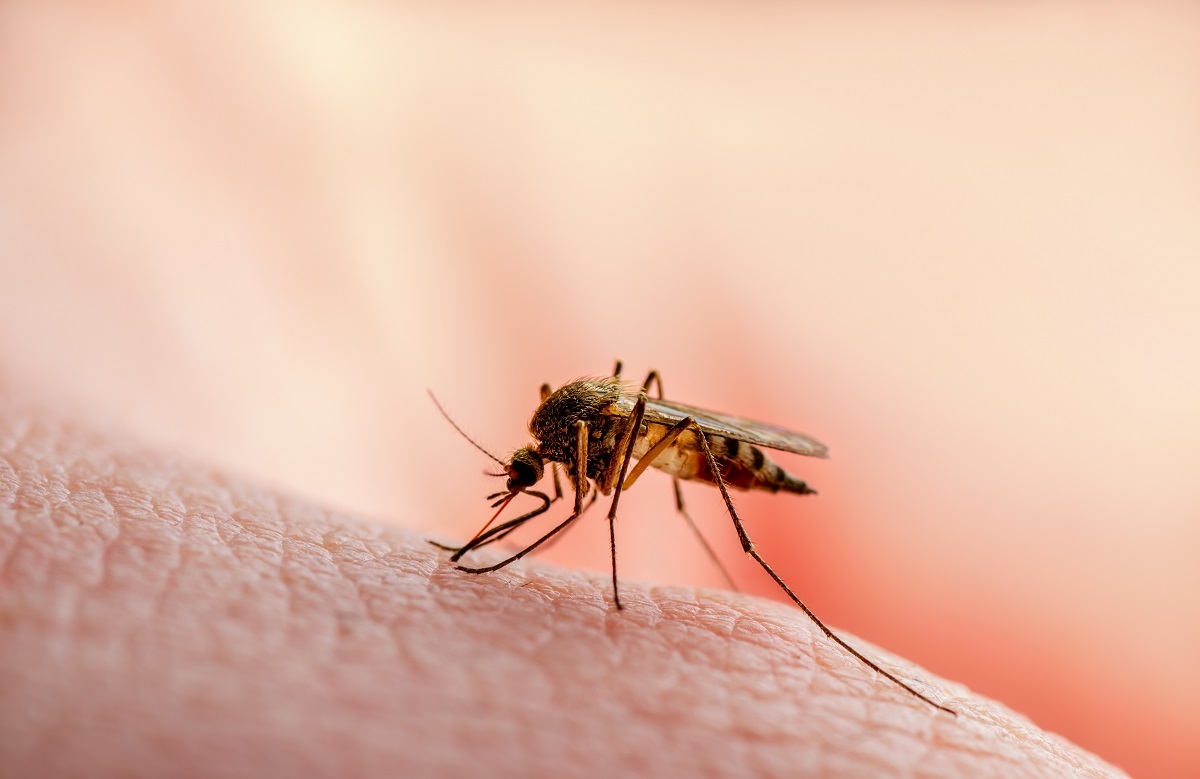
Bay State health officials are reporting the first confirmed case of West Nile virus in an animal this year, as people are urged to take precautions against mosquito bites.
A goat was recently exposed to the virus in Lunenburg in Worcester County, the Department of Public Health announced on Tuesday.
“With this evidence of an animal infected with West Nile virus, we know that there are the right conditions and enough disease circulating to result in a human infection,” said Public Health Commissioner Robbie Goldstein.
“The elevated temperatures combined with high humidity increase mosquito activity,” Goldstein added. “We want to remind people that there are easy ways to prevent mosquitoes from biting you, like using mosquito repellent when you are outdoors and being mindful of peak mosquito activity hours.”
The towns of Lunenburg, Leominster, Shirley, and Fitchburg were being raised to moderate risk for WNV following the animal infection.
The virus is usually transmitted to susceptible animals and humans through the bite of an infected mosquito. The first evidence of WNV in mosquitoes this year was announced on June 17, and 10 positive mosquito samples have been identified so far this year.
There have been no human cases of WNV detected this year. There were 19 human cases of WNV last year, but no animal cases.
No evidence of Eastern Equine Encephalitis (EEE) has been found so far this season. There were four human cases of EEE and three animal cases — all in horses — in 2024.
While WNV can infect people of all ages, people over the age of 50 are at higher risk for severe disease. Most people infected with WNV will have no symptoms. When present, WNV symptoms tend to include fever and flu-like illness. In rare cases, more severe illness can occur.
“Animals that live outdoors are at somewhat higher risk from arboviruses than humans who spend more time indoors,” said State Epidemiologist Catherine Brown. “But the weather this summer is creating the opportunity for it to be a busy WNV season and it is important to take steps to prevent mosquito bites.”


 PREVIOUS ARTICLE
PREVIOUS ARTICLE
